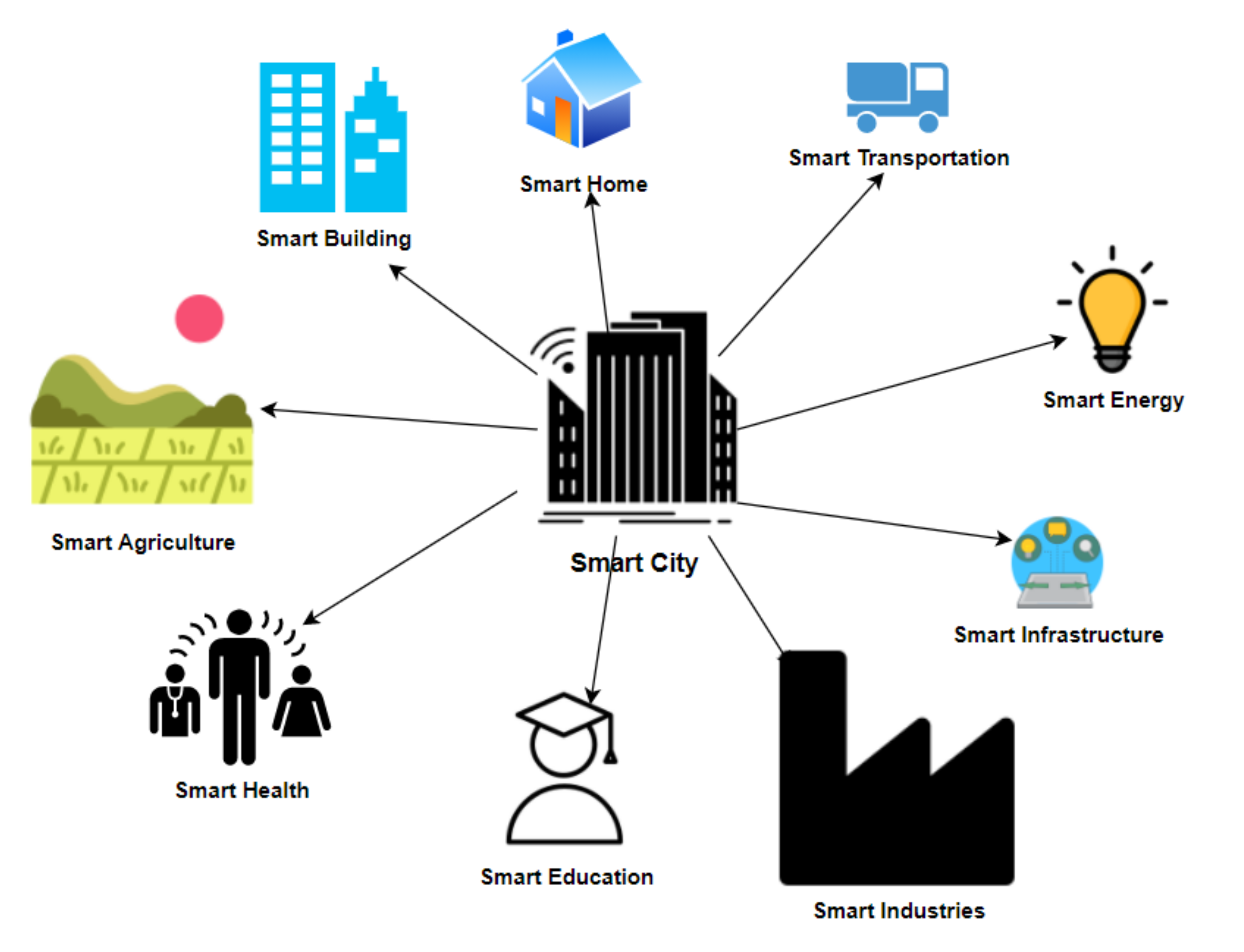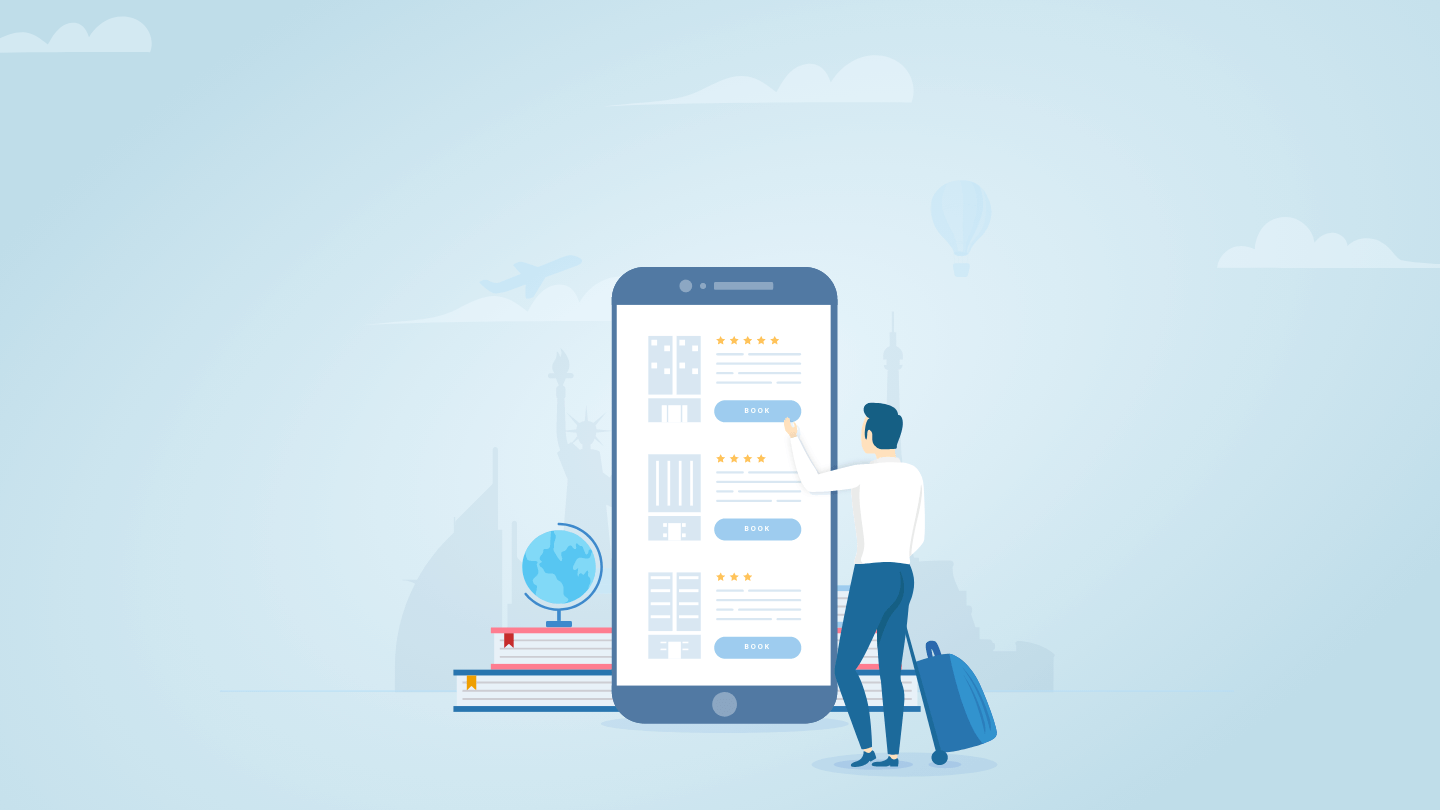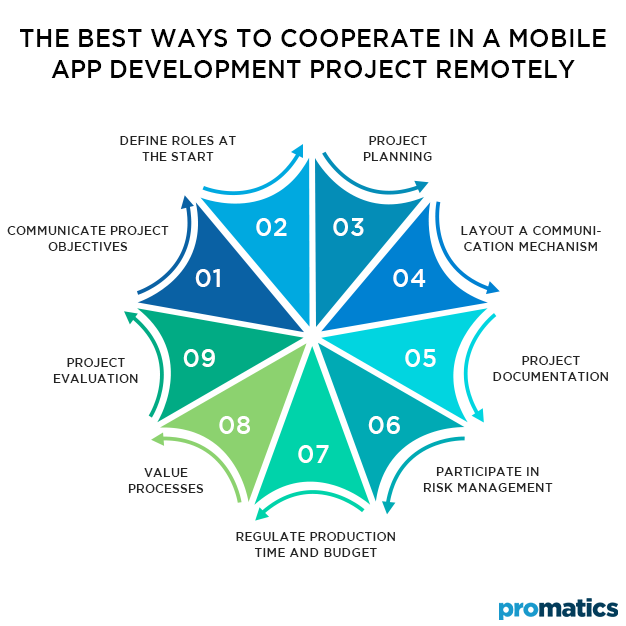In today’s digital age, mobile applications have become an integral part of our daily lives. From ordering food to managing finances, there’s an app for almost everything. But have you ever wondered what makes these apps run seamlessly and store your data securely? The answer lies in the choice of the right database. In this blog post, we will explore the crucial factors you should consider when selecting a database for your mobile app.
Introduction
Mobile apps have become an essential part of our lives, serving various purposes from entertainment to productivity. However, behind the scenes, there’s a complex network of technologies ensuring these apps work seamlessly. One of the critical components is the database, which plays a crucial role in storing, retrieving, and managing data. Choosing the right database for your mobile app is a decision that can have far-reaching consequences on its performance, scalability, and ultimately, its success.
In this post, we will explore the factors you should consider when selecting a database for your mobile app. Whether you’re developing a small utility app or a large-scale enterprise application, these considerations will help you make an informed choice that aligns with your app’s requirements and long-term goals.
- Data Model
The first step in selecting the right database for your mobile app is understanding your data model. Consider the structure of the data your app will handle. Is it primarily text-based, or does it involve complex relationships between different types of data?
Relational Databases: These databases, such as MySQL and PostgreSQL, are ideal for applications with structured data and well-defined relationships. If your app involves financial transactions, user profiles, or any data that can be organized into tables, a relational database might be the right choice.
NoSQL Databases: NoSQL databases like MongoDB and Cassandra are more suitable for unstructured or semi-structured data. If your app deals with large volumes of user-generated content, like social media posts or sensor data, a NoSQL database may provide the flexibility and scalability you need.
- Scalability
Scalability is a critical consideration when choosing a database for your mobile app. As your app grows and attracts more users, the database should be able to handle increased data storage and processing demands.
Horizontal Scalability: Some databases are designed for horizontal scalability, allowing you to add more servers or nodes to distribute the workload. This is crucial for apps with unpredictable growth, like social networks.
Vertical Scalability: In contrast, vertical scalability involves upgrading the hardware resources of a single server. This approach suits apps with a more predictable growth pattern.
- Performance
The performance of your mobile app can make or break its success. Users expect fast response times and smooth interactions. The choice of the database can significantly impact performance.
Caching: Consider databases that support caching mechanisms. Caching can store frequently accessed data in memory, reducing the need for repeated database queries and enhancing app responsiveness.
Indexes: Properly indexing your database can also improve performance. Indexes allow the database to quickly locate and retrieve specific data, reducing query times.
- Security
Data security is paramount in today’s digital landscape. Your mobile app should protect user data from unauthorized access and ensure compliance with data privacy regulations.
Encryption: Look for databases that offer robust encryption mechanisms to safeguard data at rest and in transit. This is crucial for protecting sensitive user information.
Access Control: Implement role-based access control (RBAC) to restrict access to sensitive data within the database. This ensures that only authorized users can view or modify certain data.
- Cost
Consider the cost implications of your database choice. Some databases are open source and free, while others come with licensing fees or cloud-based pricing models.
Total Cost of Ownership (TCO): Calculate the TCO over time, factoring in not only the initial setup costs but also ongoing maintenance, scaling, and support expenses.
Cloud-Based Databases: Cloud databases like Amazon RDS and Google Cloud SQL offer scalability and flexibility but come with variable pricing based on usage. Be sure to estimate your expected usage and budget accordingly.
- Developer Familiarity
The expertise of your development team can influence your database choice. If your team is experienced with a particular database technology, it may make sense to stick with what they know.
Training: Consider the availability of training resources and documentation for the chosen database. A well-documented database can ease the learning curve for new team members.
Conclusion
Selecting the right database for your mobile app is a decision that should not be taken lightly. It requires a deep understanding of your app’s data model, scalability needs, performance requirements, security concerns, and budget constraints. By carefully considering these factors and conducting thorough research, you can make an informed choice that sets the foundation for a successful mobile app. Remember that the right database can contribute significantly to your app’s performance, user satisfaction, and long-term success in the competitive world of mobile applications.




